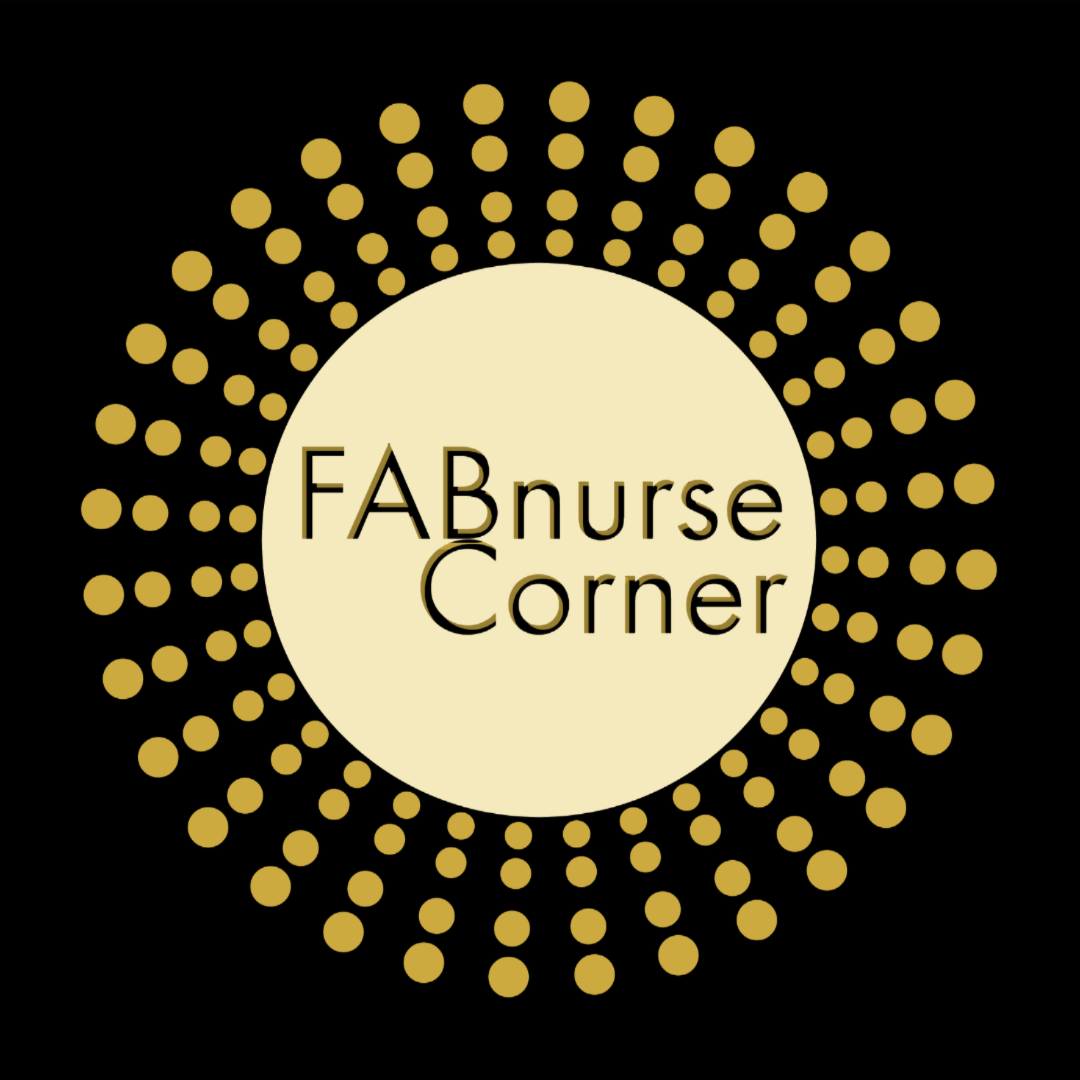A Great Nurse
Nursing is a great profession which creates a feeling of fulfillment by caring for others, while simultaneously growing personally, and professionally. It is one of the most honest, rewarding, and ethical professions which provide a plethora of opportunities. Nurses have various reasons for entering the profession, but regardless of the reason, individuals should possess several key qualities in order to be a great nurse. Below are a few of the key qualities a great nurse should possess.
Caring
A nurse must have this important quality in order to provide high quality patient care. Firstly, individuals must care for themselves, to be able to effectively care for others. A nurse should have the ability to display kindness, and a genuine concern for others. Caring can be displayed through being helpful, affectionate, sympathetic, as well as being empathetic.
Communication Skills
Another key attribute is being a great communicator. Providing patient-centered care involves collaboration, therefore it is imperative that nurses possess not only excellent communication skills, but also great interpersonal skills. Nurses must be aware of the “5 Ws” of communicating: (1) why, (2) what, (3) when, (4) to whom, and (5) what way (channel). Communication should be concise and should include all the pertinent information. Remember to utilize communication tools, such as SBAR.
Passion
There should be a burning desire to be the best nurse you can be. Passion should last throughout one’s career and should not be wavering. Often, the enthusiasm is lost due to various experiences, such as: life and work challenges or work-place culture. If you have lost your passion for nursing, do not give up, seek ways to reignite your passion. Remember experiences throughout your career which inspired you, and try to reinvent them, also surround yourself with others who are passionate about the profession. Excitement and enthusiasm should be on a nonstop continuum throughout your nursing career.
Detail Oriented
A detailed oriented nurse is focused, performs thorough assessments, and has the ability to recognize subtle changes in patients’ condition. They are organized, knowledgeable, and are proactive. Also, a detailed oriented nurse’s actions are less likely to cause harm.
Critical Thinking Skills
This skill is extremely valuable for decision making while providing care. Nurses should possess a strong knowledge base and should be able to make systematic and logical decisions based on their astute judgement. Nursing is ever evolving, and so it is pertinent to stay current. Critical thinking is required to quickly analyze various scenarios and determine the best solutions that will result in optimal patient outcomes.
A nurse’s purpose is to positively impact lives. Nurses require integrity and courage to provide exemplar and compassionate care to those in need. These qualities may not be innate, however many can be acquired through a conscious effort and personal growth. Recognize your qualities, embrace them, and make them your strengths. Be patient, and realize that as a part of self-development, and a yearning to function at your fullest potential, you will acquire all the acumens to make you the best you can be. A great nurse is a life-long learner, who brings their best qualities, knowledge, and skills in their work environment, and helps to create memories with patients, their families, and loved ones.





